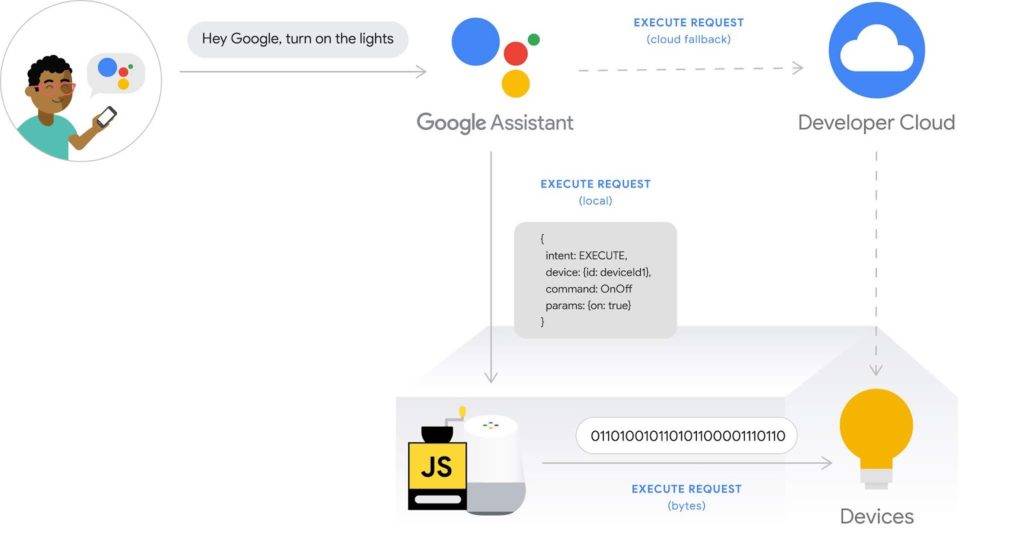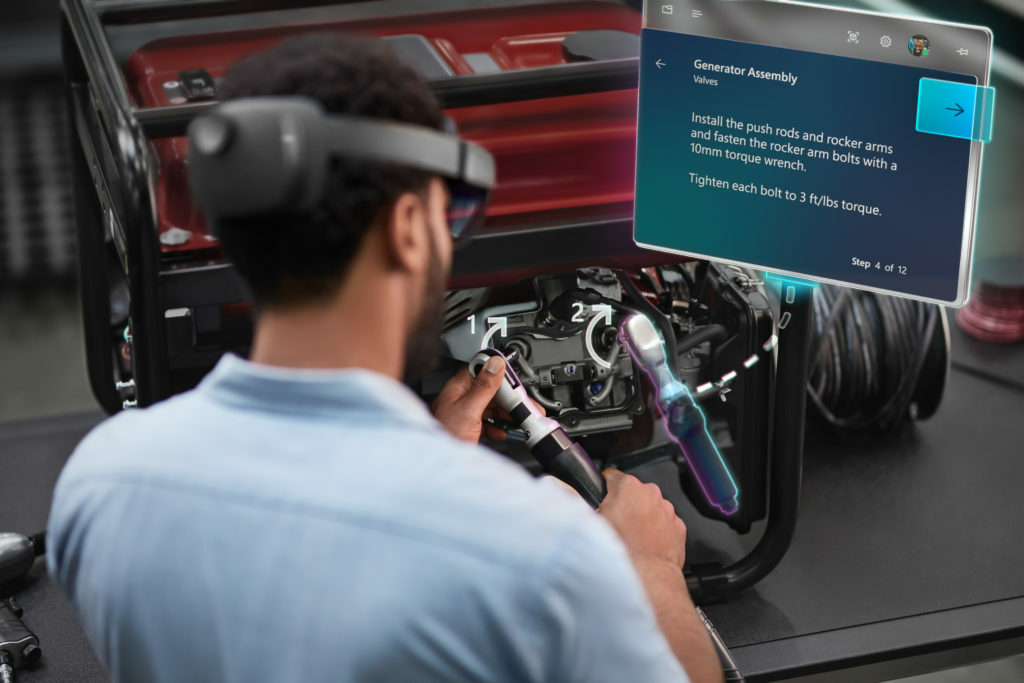Kevin and I kick off the show with the news that Google is moving ahead on its local control for certain smart home devices, which will be helpful for people who want faster response times and a bit more privacy. We also discuss the FCC’s approval to make Wi-Fi 6 E spectrum available. From there we speculate about the Ring Doorbox and Apple Tags products before jumping into news from Ecobee on support for multi-factor authentication and a new subscription filter business. After that, we explore the idea of a mesh network in space, a smart toilet and discuss a peer-to-peer app for track and trace. After all of this, we answer a question from a listener about how to handle smart devices during power outages.
Image courtesy of Google.
This week’s guest is Alex Kubicek, the CEO of Understory, a startup that began life as an IoT weather sensor company and is now an insurance provider. Kubicek talks about why the company had to build its own gear and bypass the insurance market in order to succeed. He also anticipates where we’re going to see data-driven insurance go next. As a bonus, he offers a detailed account of how hail insurance works in my former home state of Texas. Exciting!
Hosts: Stacey Higginbotham and Kevin Tofel
Guest: Alex Kubicek, the CEO of Understory
Sponsors: Calix and Ayla Networks
- Why Google’s local SDK is so good for the smart home
- What the heck is the new Ring Doorbox?
- Yes, we did discuss the smart toilet seats that take a fingerprint of your backside
- The connection between Texas, hail and some impressive insurance fraud
- Data could drive the spread of parametric insurance
Podcast: Play in new window | Download | Embed
Subscribe: RSS


